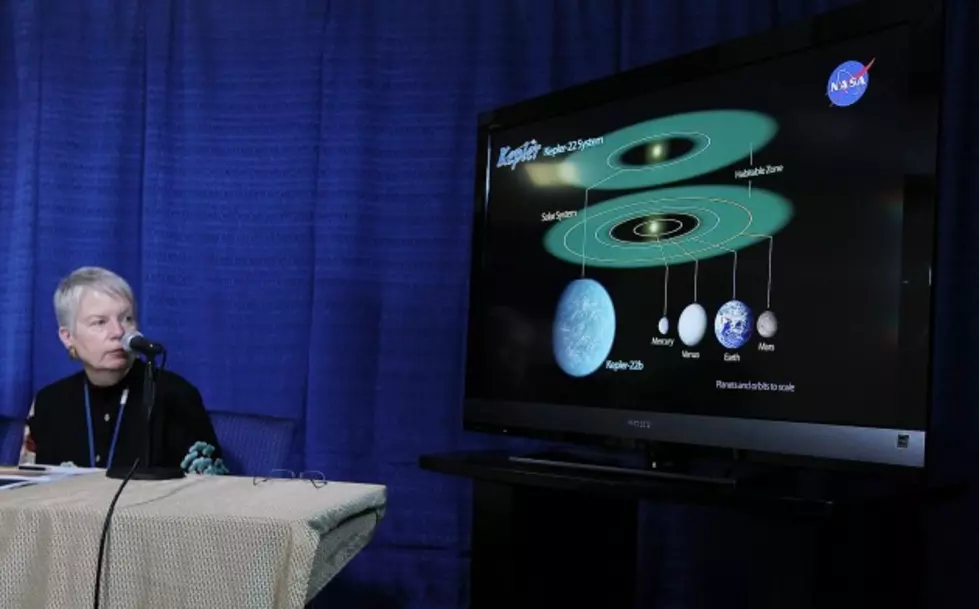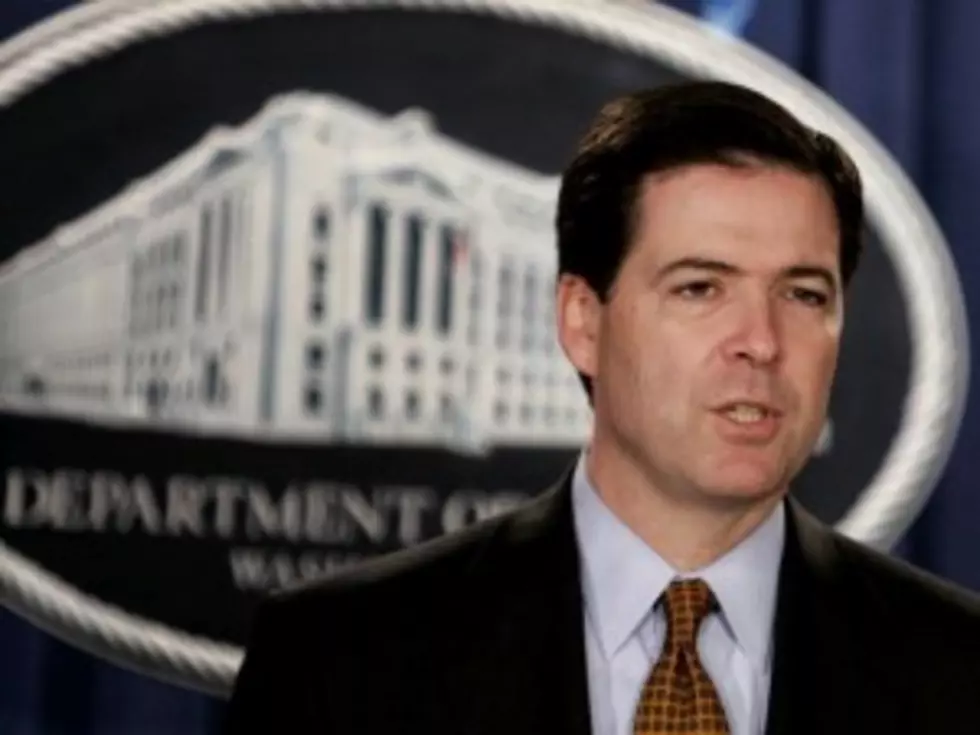
Earth-Like Planet Found But Light Years Away
I've had my eyes on the stars since I was a kid, with dreams of being an astronaut, so I still geek out when I read stories like this:
A newly discovered planet is eerily similar to Earth and is sitting outside our solar system in what seems to be the ideal place for life, except for one hitch. It's a bit too big. The planet is smack in the middle of what astronomers call the Goldilocks zone, that hard to find place that's not too hot, not too cold, where water, which is essential for life, doesn't freeze or boil. And it has a shopping mall-like surface temperature of near 72 degrees, scientists say. The planet is six hundred light years away, so it's not likely we'll drop by for a visit anytime soon.
At the same time we ponder the wonders of possible new life, we are also reminded of a enormous destructive power of our universe.
Scientists have found the biggest black holes known to exist -- each one 10 billion times the size of our sun. One of the newly detected black holes weighs 9.7 billion times the mass of the sun. The second, slightly farther from Earth, is as big or even bigger.
Black holes are objects so dense that nothing, not even light, can escape. Some are formed by the collapse of a super-size star.
Not unlike the workings of our government, stories like these are hard to get our minds around. It reminds me of a line from the movie "Men in Black," "Fifteen hundred years ago everybody knew the Earth was the center of the universe. Five hundred years ago, everybody knew the Earth was flat, and fifteen minutes ago, you knew that humans were alone on this planet. Imagine what you'll know tomorrow."
More From New Jersey 101.5 FM

![Grilling Gone Wrong – Top 5 BBQ Fails [NSFW- Language]](http://townsquare.media/site/385/files/2012/05/BBQ-Fail1.png?w=980&q=75)

![9/11/2001: On The Air [AUDIO]](http://townsquare.media/site/385/files/2012/02/1161079.jpg?w=980&q=75)





